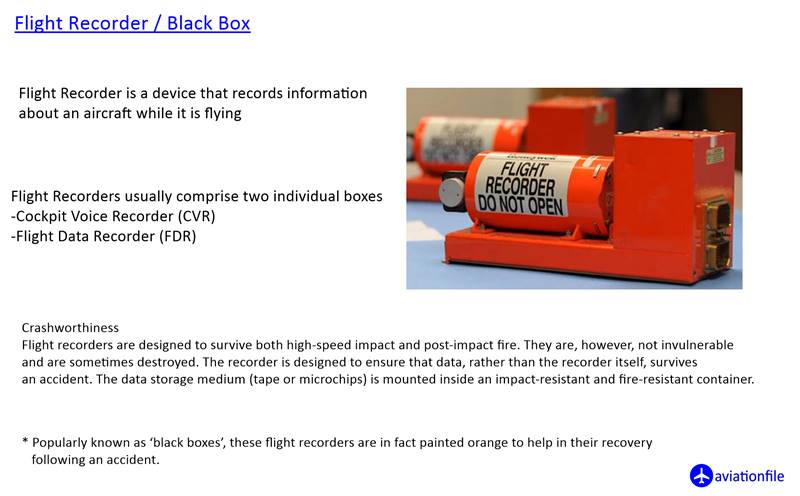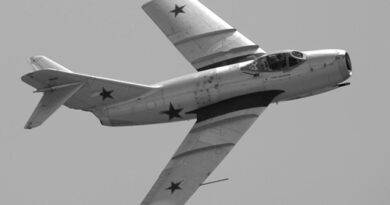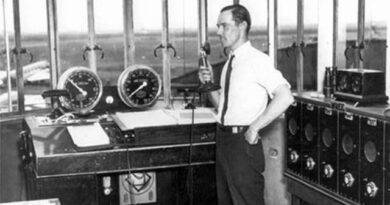AI Takes Flight: Revolutionizing Black Box Analysis
Flight recorder, also known as black boxe, is crucial for accident investigations. However, analyzing these complex recordings can be a time-consuming and laborious task. This is where Artificial Intelligence (AI) steps in, offering a new frontier in deciphering these vital clues.
How to do a Flight Recorder Inspection using Traditional Methods
Traditionally, flight recorder inspection is a meticulous process involving several steps:
- Data Retrieval: Investigators physically locate the flight recorders from the crash site and extract the recorded data.
- Data Download: The data is downloaded from the recorders using specialized equipment and converted into a format analysts can understand.
- Manual Analysis: A team of trained investigators spend hours manually poring over the data, looking for anomalies, listening to cockpit voice recordings, and correlating flight data with other available information.
- Report Generation: Investigators compile their findings into a report that details the potential causes of the accident.
This process can be slow and laborious, which is where AI offers significant advantages.

Advantages of AI in Flight Recorder Analysis
- Speed and Efficiency: Correct. AI can sift through vast amounts of data in minutes, identifying anomalies and patterns that might be missed by human analysts. This significantly reduces investigation time.
- Accuracy and Objectivity: Mostly correct. AI algorithms are less prone to human fatigue but can still be biased based on training data. They can analyze data consistently, leading to more accurate findings, but human oversight remains important.
- Pattern Recognition: Correct. AI excels at recognizing subtle patterns in flight data. This can help investigators identify potential causes of accidents that might be overlooked in traditional analysis.
Disadvantages and Risks of AI in Flight Recorder Analysis
- Limited Context: Correct. AI may struggle to understand the context behind certain data points, like pilot actions or unusual maneuvers. Human expertise remains essential for interpreting the findings and drawing conclusions.
- Over-reliance on AI: Correct. Overdependence on AI could lead to investigators overlooking crucial details or misinterpreting AI outputs. Human oversight is still vital by 2024.
- Data Bias: Correct. AI algorithms are only as good as the data they are trained on. Biased training data, like focusing on specific types of accidents, can lead to biased results in accident investigations.
The Future of AI in Flight Safety
AI is a powerful tool that can significantly improve the way we investigate aviation accidents. However, it should be seen as a collaborator, not a replacement, for human expertise. By combining AI’s analytical prowess with human judgment and ensuring unbiased training data, we can create a safer future for air travel.



